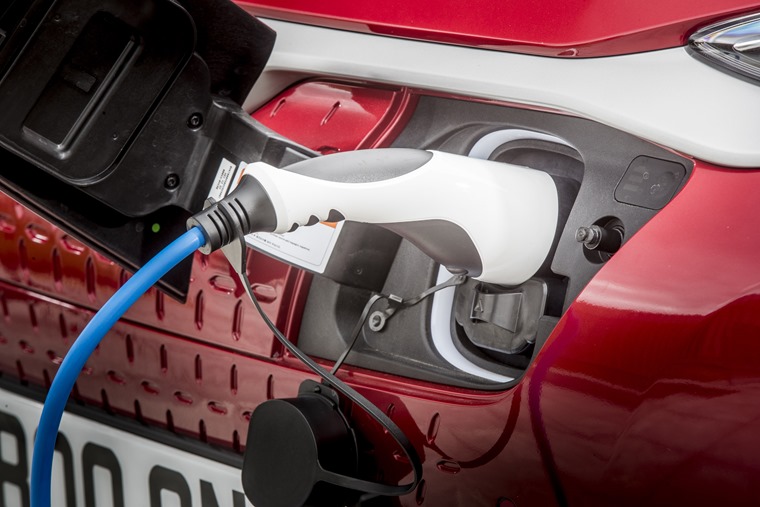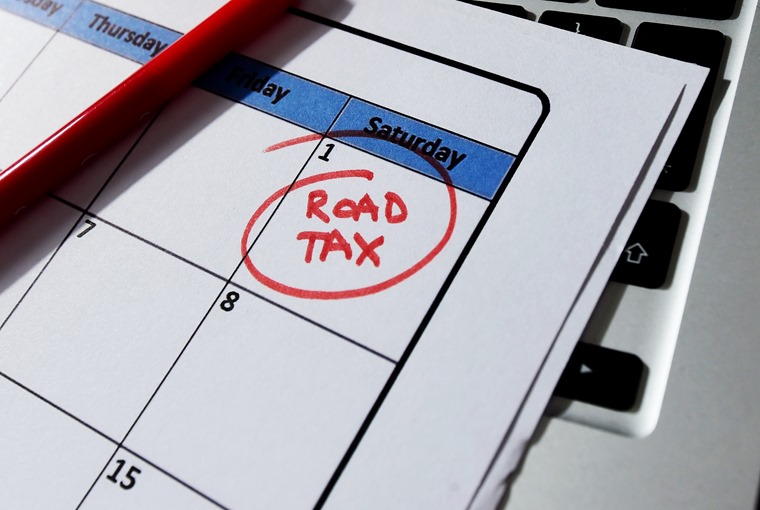Electric vehicle road tax 2025: Everything you need to know about VED changes
Back to 'Expert guides'From 1 April 2025, VED rules are changing for EV drivers. For a number of years, Vehicle Excise Duty (commonly known as road tax) has not been applied to drivers of zero-emission electric vehicles.

But from April next year, hundreds of thousands of EV drivers will be subject to new costs. We’ve put together a guide examining exactly what’s changing, why it’s changing, and how it might impact your costs as a lease customer.
Why is VED changing for EVs in 2025?
For more than a decade, EVs have benefitted from an exception to VED. However, as EVs become the norm and more and more hit the road, there has been an increasing gap between EVs and petrol and diesel models.
As EVs have grown in popularity, this has resulted in the treasury missing out on millions of pounds worth of VED income. In 2022, Jeremy Hunt stated that this would change from 2025 in order to “make our motoring tax system fairer”.

How much will EV drivers pay?
From 1 April 2025, the following new rules will apply:
- New EVs registered on or after 1 April 2025 will be liable to pay a lower first-year rate of £10. From the second year onwards, this will move to the new standard £190 rate.
- EVs registered between 1 April 2017 and 31 March 2025 will pay a new standard rate of £190 per year.
- EVs registered between 1 March 2001 and 30 March 2017 will move to the Band B rate of £20 per year.
- Electric commercials will move to the same rate for petrol and diesel light goods vehicles of £335 per year.
- New EVs with list price exceeding £40,000 will pay up to £600 per year, as the EV exemption from the Expensive Car Supplement comes to an end
Will the scheme be backdated?
Yes, as laid out about, the changes apply to both new and existing vehicles. The measures effectively remove Band A of the current VED system, which is £0. This means that most EV drivers will have to pay an additional £190 per year.
The introduction of vehicle excise duty for EVs is set to raise £985m for the government in 2026/27, rising to more than £1.5bn in 2027/28 – that’s according to an analysis originally carried out in 2022.

How does it affect lease customers?
When it comes to leasing, VED is usually included; you don’t pay this yourself and it makes up part of the monthly payment you make to the lease company.
However, if VED rises during the term of the agreement, it’s usually the customer that is liable to pay for the increase. Your lease company will contact you directly if this occurs.
That said, you don’t need to worry about road tax yourself from a practical perspective; the vehicle will be registered in your funder’s name, so they will be responsible for taxing the vehicle.
With leasing, or any other form of finance, the best thing to do is to check your contractual agreement and find out who is liable for any increase in VED. If you’re not sure, contact your leasing company directly.